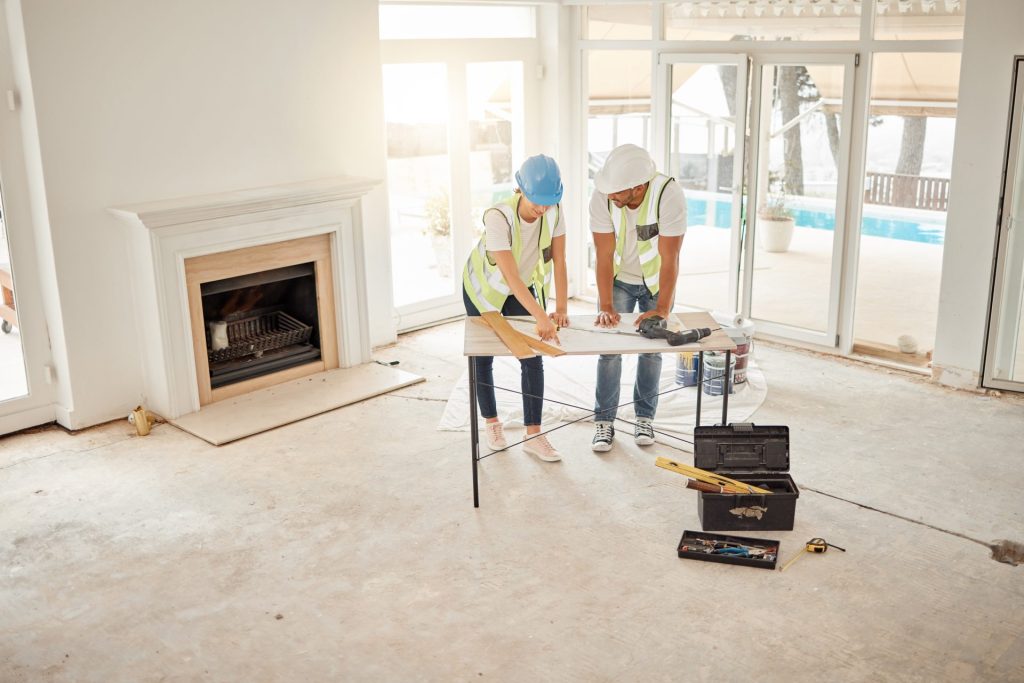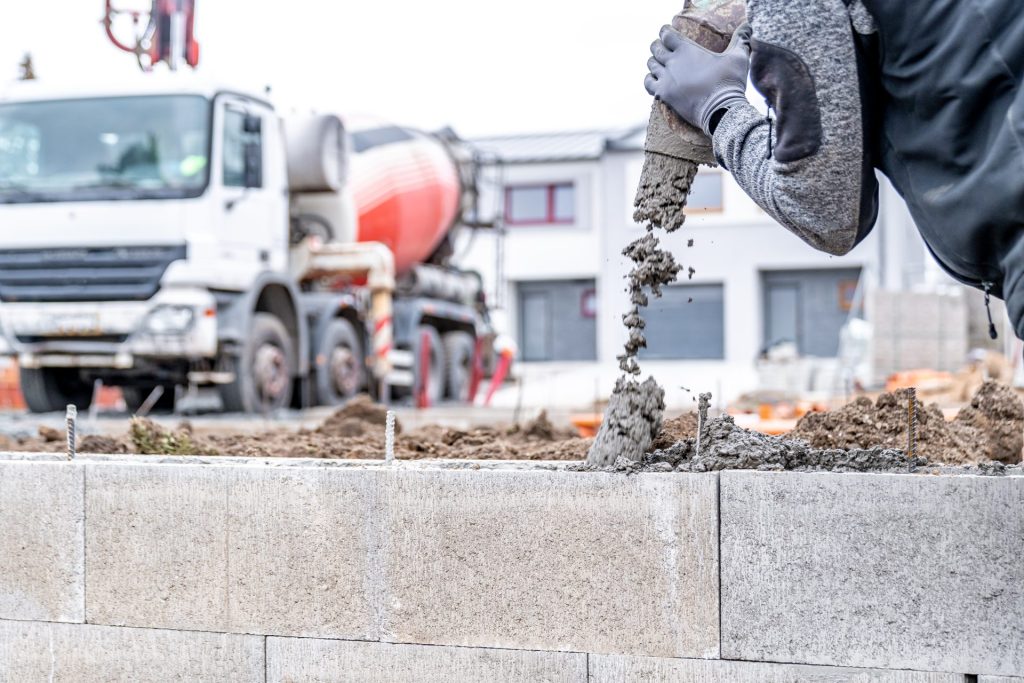Safety Protocols for Electrical Contractors Working on Residential Projects
Electrical work can be dangerous, and residential electrical contractors are responsible for ensuring that their work is efficient and safe for everyone involved. Whether rewiring an entire house, installing new circuits, or performing routine maintenance, electrical work can include hazards such as electrocution, fires, and electrical shock. Safety is key in residential projects, not only for the contractor but also for the homeowners.
Proper Training and Certification
One of the most important safety protocols is ensuring that electrical contractors are trained and certified. Electrical work requires extensive knowledge of electrical systems, safety procedures, and local building codes. Contractors should undergo thorough training, complete an apprenticeship, and obtain a valid electrical license before performing any work.
Use of Personal Protective Equipment
Electrical contractors are exposed to various hazards on the job, including potential electrical shocks and burns. Therefore, they must use personal protective equipment (PPE) to reduce the risk of injury. Electrical contractors should wear insulated gloves to protect against electrical shock. Safety glasses prevent debris or sparks from injuring the eyes. Hard hats protect the head from falling objects. Non-conductive footwear should be worn to avoid grounding, especially when working in wet conditions. Flame-resistant clothing protects against arc flash injuries that can occur when working with electrical components. Proper PPE can dramatically reduce the likelihood of injury and ensure electrical contractors remain safe.
Lockout/Tagout Procedures
Lockout/tagout procedures are essential safety protocols used to ensure that electrical systems are properly shut down and not accidentally energized while being worked on. Before starting any electrical work, contractors should turn off the system’s power, disconnect the electrical supply, and lock or tag the power source to prevent it from being re-energized. Contractors must follow these procedures to ensure the electrical system is not live before working on any components.
Proper Tool Maintenance
Electrical contractors should ensure that all tools and equipment are regularly inspected, maintained, and used correctly. Faulty or damaged tools can create safety hazards. Before each project, contractors should check that all tools are in good working condition. They should also use tools specifically designed for electrical work, as general tools might not provide the necessary safety features.
Understanding and Avoiding Electrical Hazards
Electrical contractors must be aware of electrical hazards and take steps to reduce them. Common electrical hazards include overloaded circuits, exposed wires, and improper grounding. An overloaded circuit can lead to fires and other hazards. Contractors should ensure that circuits are correctly designed and balanced to prevent overloading. Exposed wires pose a significant risk of electrical shock. All wires should be properly insulated and secured to prevent exposure. Electrical systems must be correctly grounded to avoid electrical shock. Contractors should always check that grounding systems are functioning correctly.
Proper Installation Techniques
Safely installing electrical systems is critical for preventing future hazards like electrical fires or system failures. Contractors must use the right type of wire for each installation and ensure all connections are tight and insulated. Properly sized circuit breakers and fuses are needed to prevent electrical overloads and short circuits. Contractors should ensure that these components are correctly installed according to the specifications. By following proper installation techniques, electrical contractors reduce the risk of future electrical issues and ensure the safety of the home’s occupants.
Maintaining a Clean and Organized Worksite
A clean and organized worksite is vital for safety. Clutter can lead to tripping hazards, accidental contact with electrical components, and difficulty managing tools and equipment. Electrical contractors should clear away any debris or unnecessary materials that could pose a hazard.
Tools should be stored safely and organized to avoid accidents. To alert others to potential electrical hazards, contractors should place warning signs around the worksite. These signs help prevent accidents and ensure that the work area is kept safe for everyone. By maintaining a neat and organized worksite, contractors can minimize the risk of accidents and provide a more efficient work process.
Regular Inspections and Compliance Checks
Electrical contractors should conduct regular inspections throughout the project to ensure the work is performed correctly and safely. Inspections should be done at key stages of the project to verify that all work is up to code and that no safety hazards are present.
Compliance with local and national electrical codes should always be a priority. Contractors must stay updated on any changes to building codes and regulations, as these can impact the safety of the electrical installation. Failure to comply with electrical codes can result in fines or legal issues, in addition to compromising the safety of the home.
Educate Homeowners
Once the work is complete, contractors should educate homeowners about their electrical systems. They should show them the location of the main panel and how to reset tripped breakers. Contractors should teach them to recognize warning signs like flickering lights or burning smells. They should also advise them on avoiding overloaded outlets and the importance of routine inspections.
Stay Prepared for Emergencies
Even with the best precautions, accidents can happen. Having a clear emergency plan can make all the difference. Keep a stocked first-aid kit readily available. Ensure that everyone on-site knows how to contact emergency services. Regularly train the team on handling electrical accidents, including CPR and first aid for shock victims.
Craftsmanship You Can Trust, Hard Work You Can Rely On
At Hauser Contractors, we don’t just build structures. We craft lasting legacies. Every project, whether a custom home or a renovation, is a testament to our dedication, precision, and commitment to quality. We put in the hard work to deliver results that exceed expectations. Contact us today at 610-510-602 to schedule a free estimate. Let’s build something extraordinary together.


 CALL US NOW
CALL US NOW EMAIL US NOW
EMAIL US NOW










